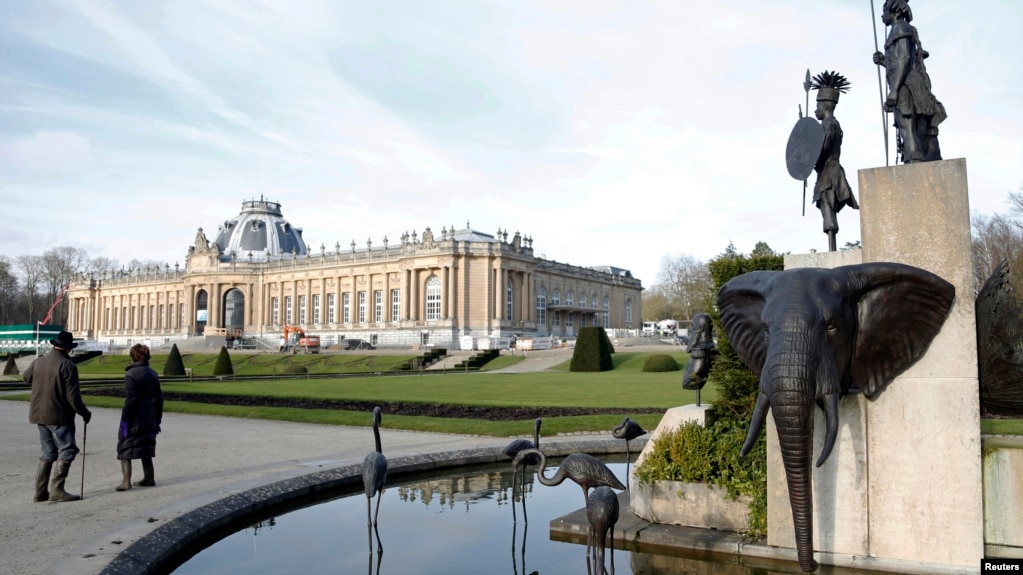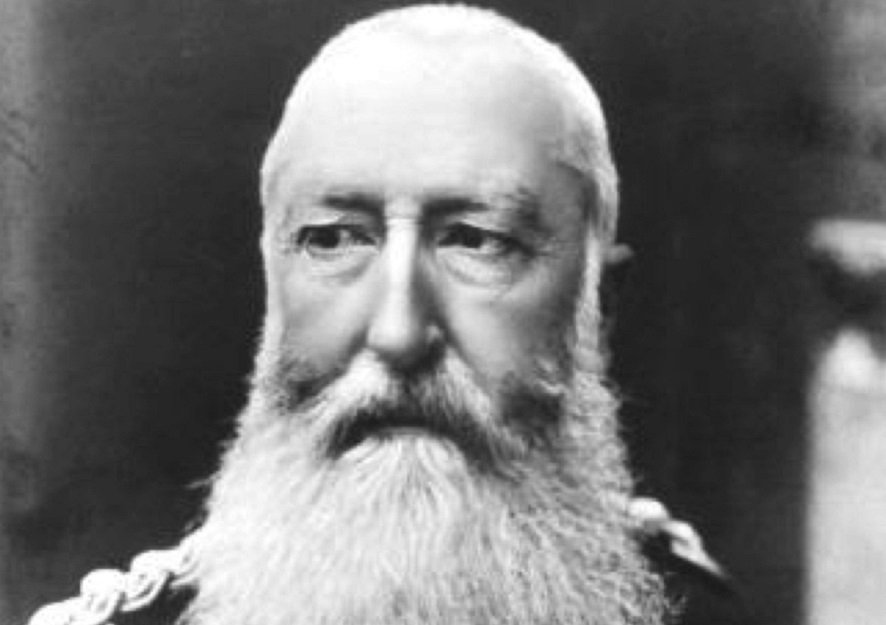Belgium must apologise for its dark colonial history and atrocities committed during the period, says a group of UN human rights experts at the end of a visit to the country.
The United Nations Working Group of Experts on People of African Descent carried out a fact-finding visit to Belgium this month and released its preliminary findings in Brussels last week.
The working group, in its findings, said Belgium must recognize the true scope of the violence and injustice of its colonial past in order to tackle the root causes of present-day racism faced by people of African descent, reports The Brussels Times.
“We found clear evidence that racial discrimination is endemic in institutions in Belgium. People of African descent face discrimination in the enjoyment of economic, social and cultural rights, including diversion from mainstream education into vocational schooling, ‘downgrading’ in employment opportunities and discrimination in the housing market,” Michal Balcerzak, the chairperson of the working group said.

The UN experts also raised issues with the renovation of the Africa Museum at Tervuren, saying that Belgian authorities failed to reorganize the museum enough in order to “exorcise the demons of its exploitation of the Congo.”
Described as the last colonial museum in the world, the museum celebrated the Belgians and their brutal history in the Congo under Leopold II, who ruled Congo with an iron fist for more than a century.
The King of the Belgians, Leopold II, ruled from 1865 to 1909 and has been described as worse than Adolf Hitler for his genocide against the people of the Congo Free State (now Democratic Republic of Congo) who he considered as his personal property including their lands and minerals.

An undetermined number of Congolese, ranging in the millions, were killed in the hands of Leopold’s private colonial militia of 90,000 men called Force Publique, which he used to run the region that is the size of Western Europe and 76 times larger than Belgium.
The area was handed over to him by 14 European nations and the United States at the Berlin Conference of 1884-1885 where Africa was shared among European colonists.

His rule was a horror for the people who were tortured, raped and killed by the Force Publique in order for them to diligently collect natural rubber for export. He also collected and sold ivory before using forced labour to harvest and process rubber in the 1890s when prices soared. Thousands were also sold into slavery.

Eventually, there was international pressure against King Leopold’s atrocities in the Congo and he was forced by the Belgian government to relinquish control of the colony to the civil administration in 1908
Reports said the blood money he made from the Congolese was used to build huge private and public construction projects in Belgium. He also built a palace in Belgium which is now called the Royal Museum of Central Africa (Africa Museum) to display his spoils.

The building currently makes no mention of the atrocities committed in the Congo Free State despite the large collection of colonial objects. Last December, it was reopened after a five-year “decolonisation” renovation project.
According to The Telegraph, African artists were asked to display their work in a move to “modernize” and “detoxify” the museum
However, the UN working group said it is unfortunate that Belgian authorities have refused to remove all the offensive and racist images that are still on display in the 1910 building.
The group further expressed concerns over remaining statues of Leopold and monuments to the colonial army that are still on the streets and parks of Brussels.
It is said that generations of Belgian schoolchildren were told of Leopold’s so-called civilising and charitable mission.
They were told that he was a humanitarian king who abolished slavery, built roads and schools and introduced Christianity and democracy to Congo, said a report on The Irish Times.
The UN said: “The government should review and ensure that textbooks and educational materials accurately reflect historical facts as they relate to past tragedies and atrocities committed during the colonial era.”
Meanwhile, Belgian authorities, who expressed surprised by the findings of the UN group, said the colonial era images have been displayed in context. Charles Michel, Belgium’s prime minister, who believed the findings were “very strange” said: “We will have the opportunity to make our formal remarks. We certainly will.”
Currently, one of the ways the African diaspora in Belgium expresses its voice is through cultural events such as the Congolisation festival which outlines the contribution of Congolese artists to the cultural landscape in Belgium, reports The Brussels Times
However, the UN is still worried about the human rights situation of people of African descent in the country and wants authorities to take action. The full findings of the group’s report will be presented to the UN Human Rights Council in September 2019.










